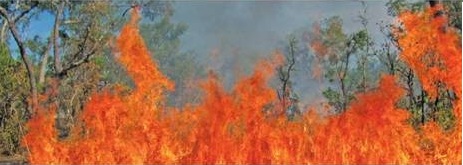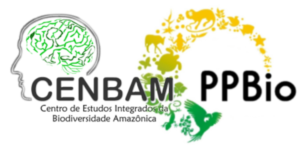 Português
Português English
English
Languages
Pesquisador da CSIRO Ecosystem Sciences realizará palestra no INPA sobre manejo do fogo em savanas tropicais da Austrália
Fire management in Australian tropical savannas: biodiversity, greenhouse gas abatement and Indigenous livelihoods
Palestrante: Alan Andersen
Abstract: Anthropogenic burning has been a dominant feature of the vast savanna landscapes of northern Australia for more than 50,000 years, with currently about 400,000 km2 burned each year. Traditional Aboriginal burning has been severely disrupted following European colonisation, which has seen Aboriginal people move off their traditional estates into regional towns. Fire is now largely unmanaged across large regions, and this has resulted in fire regimes dominated by extensive, high-intensity fires occurring late in the dry season. There is widespread concern that such fire regimes are seriously degrading regional biodiversity values, and in particular are contributing to the dramatic population declines in many small mammals that have occurred across northern Australia in recent decades. It is likely that fire is interacting with other threatening processes, especially by increasing rates of predation by feral cats. Savanna burning makes a significant contribution to Australia’s greenhouse gas emissions, and there is growing interest in reducing fire extent and severity in a Greenhouse gas abatement context. In addition to improving biodiversity management, this has the potential to transform regional economies in northern Australia, especially by providing culturally appropriate livelihood opportunities for remote Aboriginal communities where mainstream economies are very limited. CSIRO has formed a partnership with the Aboriginal people of the Tiwi Islands north of Darwin to examine the biophysical, economic and social potential of fire management for Greenhouse gas abatement on the Tiwi Islands. The Tiwi Carbon Study features a major new long-term fire experiment, where Tiwi land management rangers are working with CSIRO scientists to document the effects of experimental fires on carbon sequestration and biodiversity. Combined with social research on the willingness and capacity of Tiwi people to change current fire management practices, results will be used to develop an integrated Tiwi fire management plan that best meets the cultural, environmental and economic aspirations of Tiwi people. (This will include a 10-min video)
MUDANÇA DE DATA E LOCAL!!!
Local: Sala de aula do PPG Ecologia, INPA V8.
Data: Terça-feira, dia 10 de junho de 2014.
Horário: 17 horas.
A palestra será proferida em inglês.

